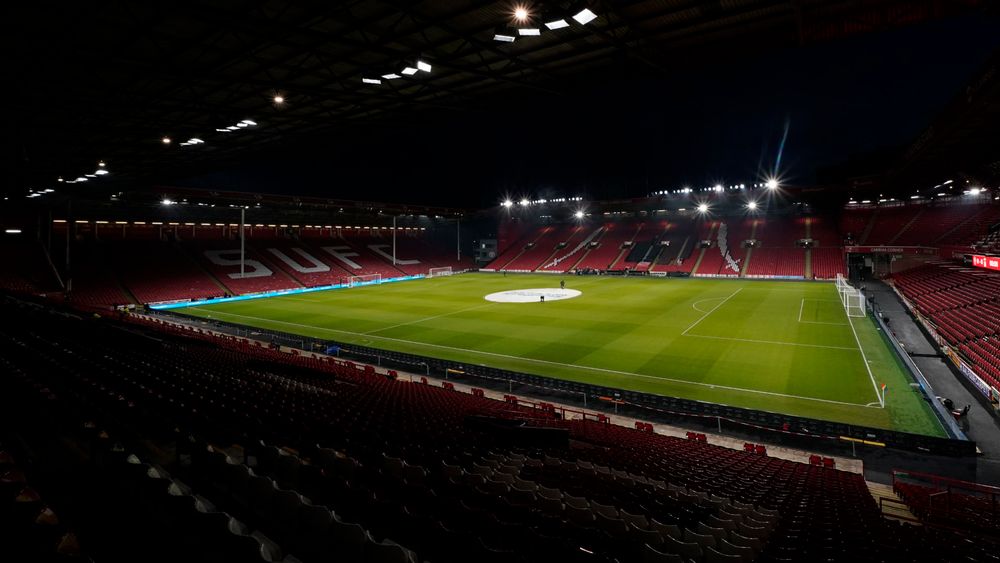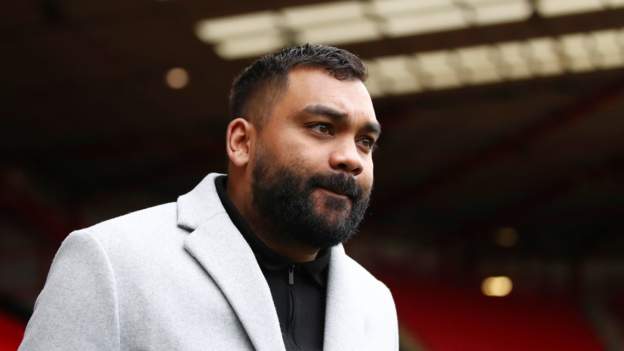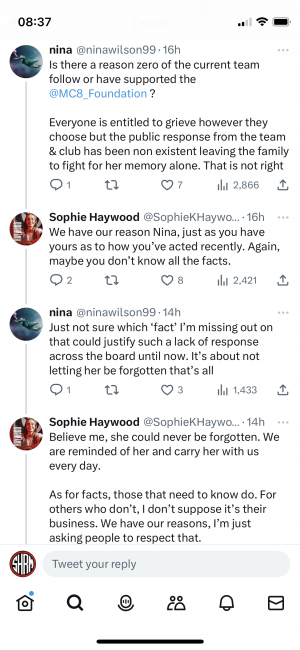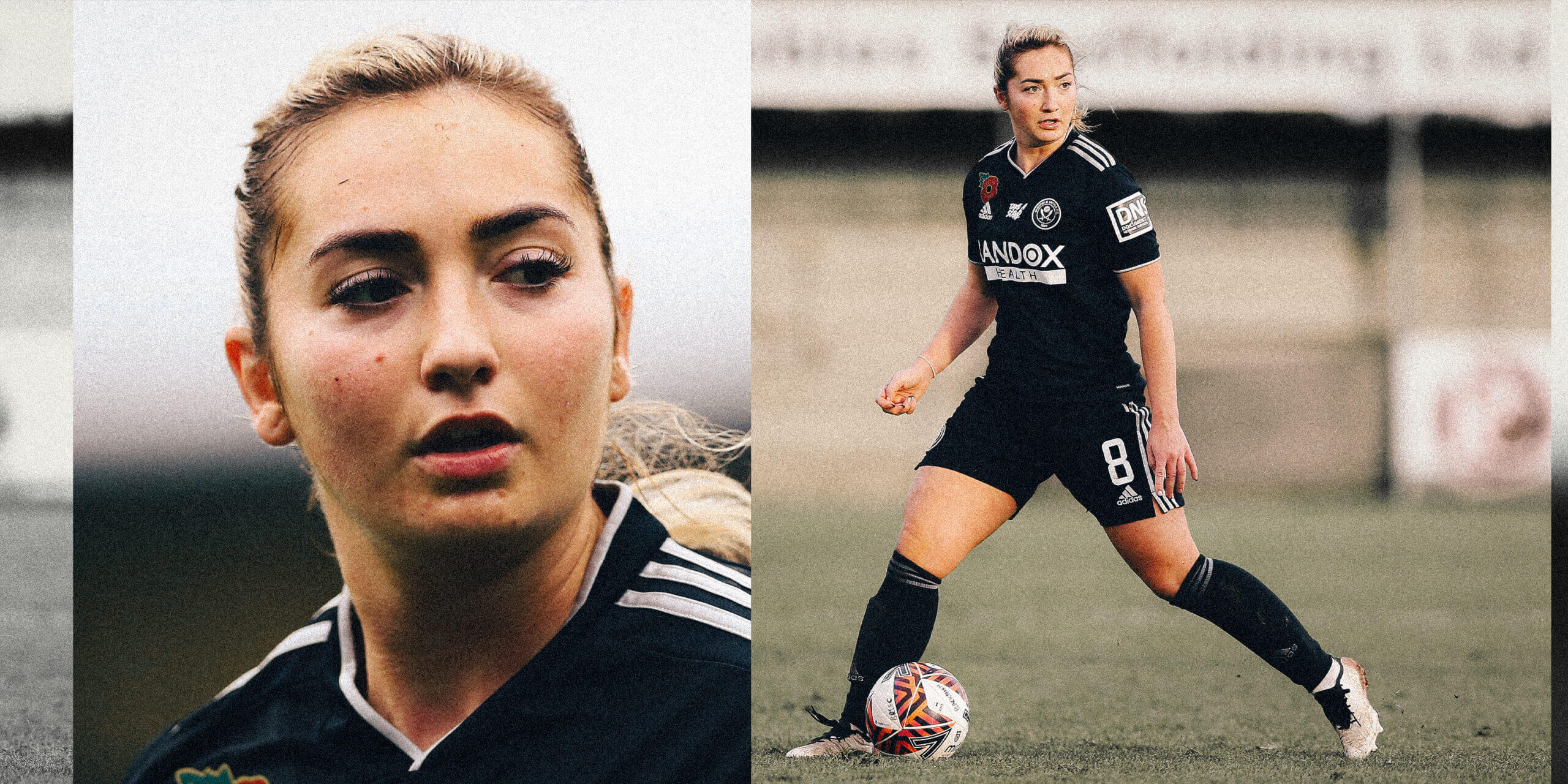mattbianco1
Forum Royalty
Here it is:

 www.sufc.co.uk
www.sufc.co.uk

Investigation outcome
Sheffield United Football Club can confirm that an investigation has taken place following the tragic passing of Women's team player and club marketing executive, Maddy Cusack.
Last edited:




